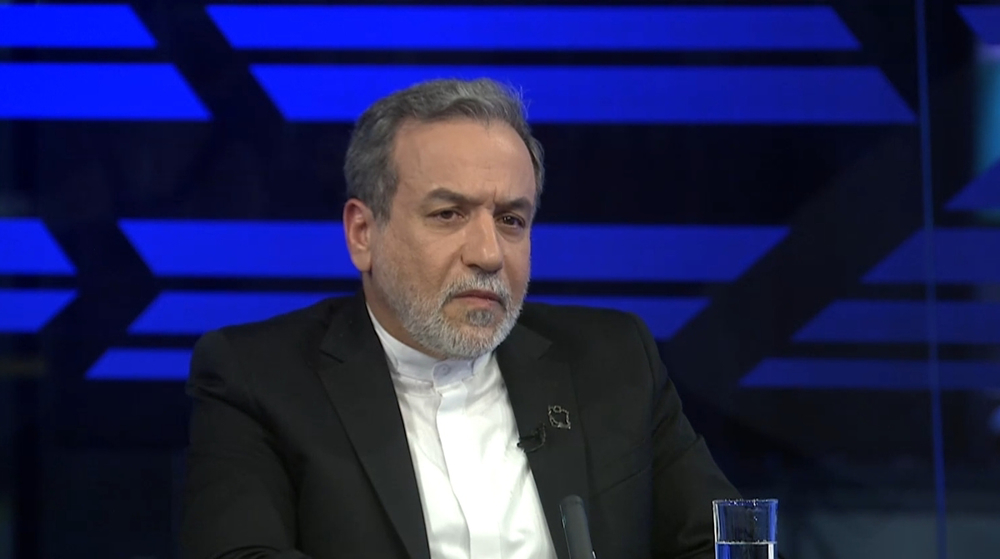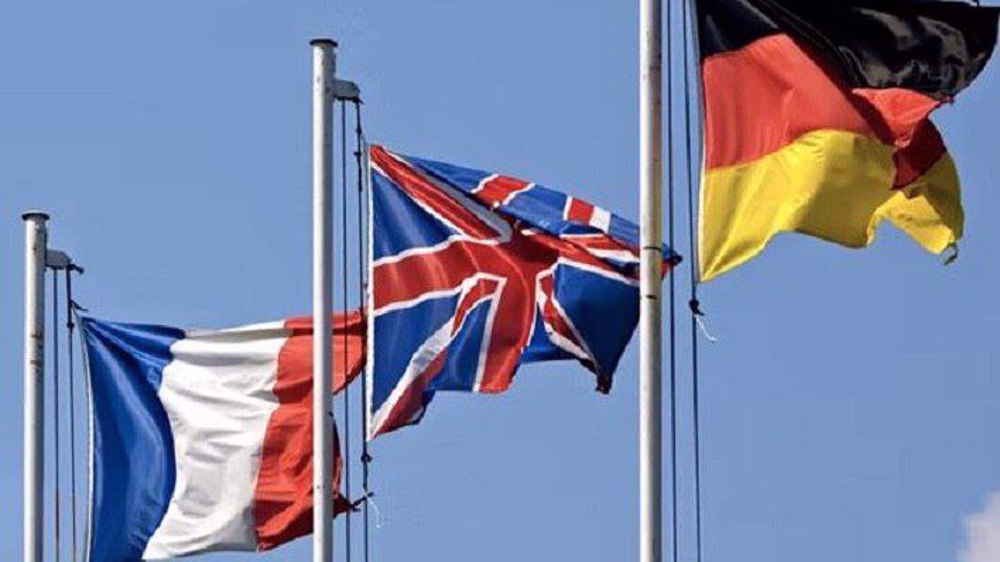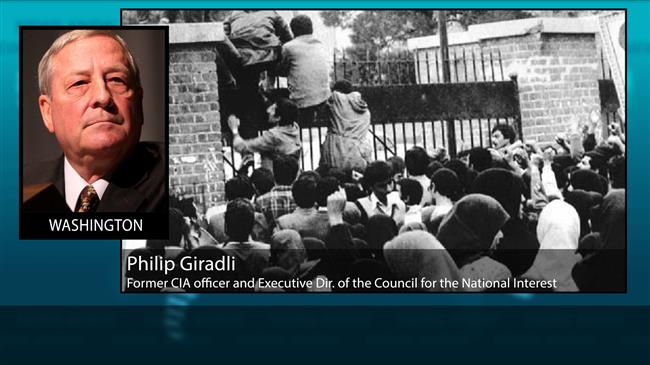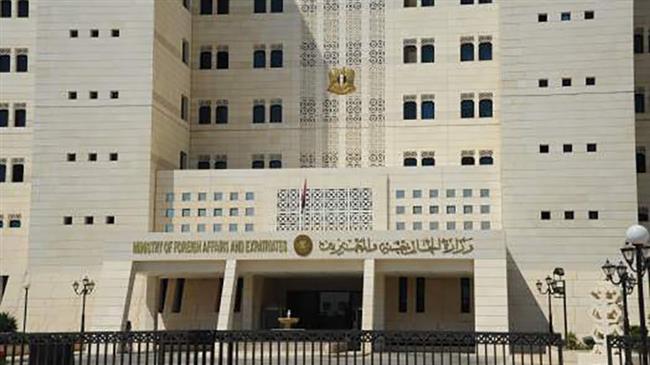US reinstates sanctions but Iran capable of riding them out
The United States has reinstated all its sanctions lifted under a 2015 nuclear deal on Iran but experts say the measures will only have a modest effect on the Iranian economy and will instead end in humiliation for the US.
The measures, described by Washington as "the toughest sanctions ever," were reimposed on Monday after President Donald Trump controversially decided in May to abandon the nuclear deal with Tehran.
They are the second tranche of sanctions - with the first batch already imposed in August - which aim to significantly cut Iran's oil exports.
Secretary of State Mike Pompeo on Sunday vowed to push Iran's oil sales to zero even as the US earlier gave temporary exemptions to eight countries to continue buying oil.
Speaking on CBS’ “Face the Nation,” Pompeo said the sanctions are designed to “alter" Iran's behavior, especially its support for resistance groups like Hezbollah in Lebanon.
Regime change
Trump’s hawkish national security adviser John Bolton has said the aim of the sanctions is to install a new government friendly to the US.
He spelled out US plans to the terrorist MKO organization at a Paris conference last year, although he later backtracked, saying government change was “not American policy.”
Kenneth Katzman, a senior Iran analyst at Congressional Research Service which conducts research for the US Congress, however confirmed that the logic behind the sanctions is an "outright regime change."
"The ultimate goal is that Iran's economy will be collapsed so severely that Iran's political structure collapses," the Middle East Eye news portal quoted him as saying.
"The minimum goal of the sanctions is to diminish the Iranian economy so that Iran can't develop strategic weapons or buy expensive conventional weapons or have the same level of economic output," Katzman said.
Iran to weather sanctions or even score 'big win'
Experts and analysts, however, say the US government is delusional in its plans because the sanctions will neither alter Iran's role in the Middle East, nor weaken the country.
"Iran has been sanctioned for more than 40 years. It is not something new," said Hossein Mousavian, a former Iranian diplomat and Middle East policy specialist at Princeton University.
"Iran is the most experienced country in the world at handling sanctions. I don't believe any other country in this region has the experience, capacity or scale to resist against sanctions," he told the Middle East Eye.
Moreover, the sanctions would do nothing to deter Iran's conventional weapons industry.
"The Iran-Iraq war in the 1980s pushed Iran to go for self-sufficiency on the production of conventional weapons. Today, Iran is the most powerful country in the region for producing conventional arms – from tanks to airplanes to jet fighters, missiles, everything," Mousavian said.
According to the analyst, Iranian officials are keen to turn the sanctions into an opportunity and a "big win" through weaning the country's economy off oil.
"It is a very important objective of Iran's political security to manage an economy minus oil," he said.
Iranian officials have characterized the sanctions as an economic war. The US also wants to build up a military and strategic coalition around a regional network of Arab states, potentially including Israel.
Humiliation, isolation for US
Acclaimed British journalist Peter Oborne believes the strategy is doomed to failure, and will likely end in humiliation for the US.
"In the medium term, it will backfire; the US and its allies will lose influence, while Iran will gain confidence and power," he wrote on the website of the Middle East Eye.
"In the worst case scenario, it will result in a war whose consequences will be incalculable," he added.
The holes in Trump's strategy were outlined in an article in the New York Times earlier this week, pointing out that China and India will continue to buy Iranian oil in addition to Turkey and Russia.
Even close US allies, including France and Germany, as well as Britain, have expressed their intention to continue trade with Iran without the use of the dollar.
"All of this means that the Trump administration has made an epic miscalculation," Oborne wrote.
"Trump thinks that he can take the international community with him as he embarks on his economic war against Iran. He can’t - and this spells mortal danger for the US," he added.
According to the journalist, Trump is playing for very high stakes and "if he loses, much of the global power of the US will collapse."
Successive US presidents have used the reserve currency status of the US dollar as a weapon to isolate the country’s enemies and to enforce its will.
"If Trump fails in his economic war against Iran - and I believe he will - it will signal to the world that the dollar can no longer be used as a foreign policy weapon," Oborne said.
Araghchi: Iran-Russia strategic deal step toward ‘more just world’
UNRWA unraveled amid Israel's allegations, reduced intl. support
Palestinian journalist, a Sobh Media Festival awardee, killed in Gaza hours before truce
Jan. 15: ‘Axis of Resistance’ operations against Israeli occupation
VIDEO | Fears, hope in Gaza amid intensified ceasefire efforts
VIDEO | Press TV's news headlines
Hamas: Ceasefire agreement result of steadfastness, resistance in Gaza over 15 months
Hamas thanks Iran, Resistance Front following achievement of ceasefire in Gaza


















 This makes it easy to access the Press TV website
This makes it easy to access the Press TV website